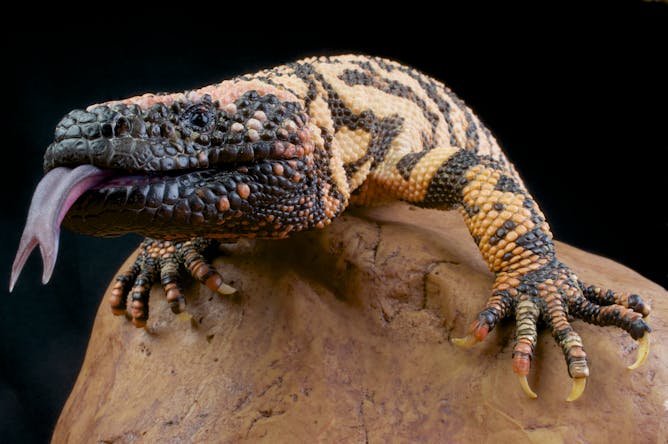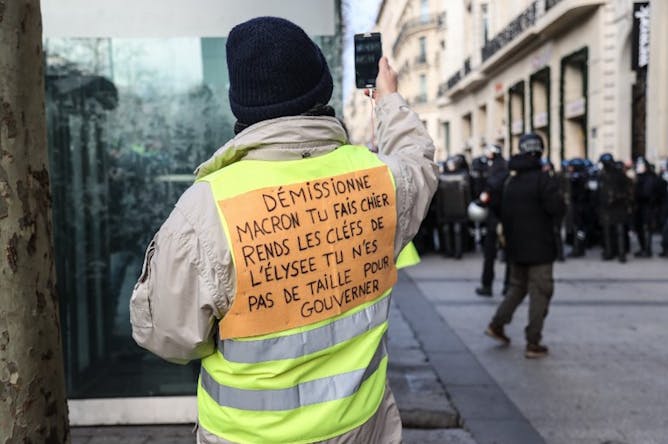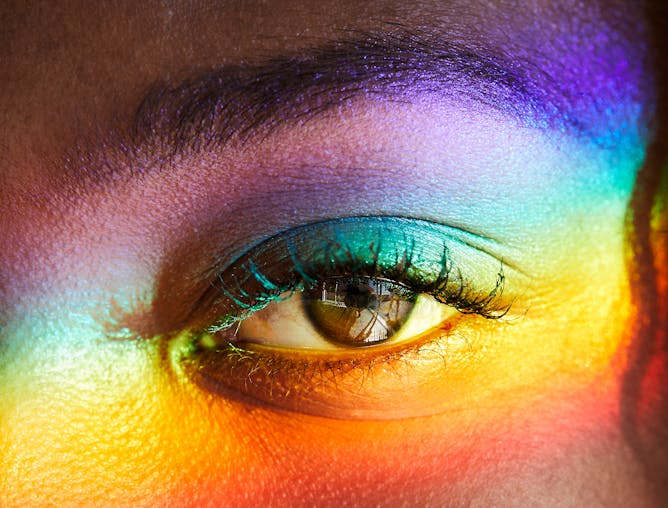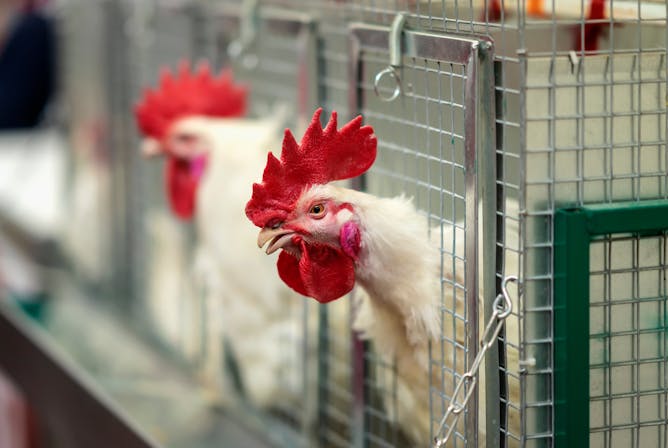|
|
|
Editor's note
|
|
Imagine being Theresa May or Emmanuel Macron. In the UK, May’s Tory colleagues are revolting and in France, citizens continue to take to the streets to call for the president’s resignation. On their surface, May’s Brexit troubles and Macron’s gilets jaunes woes appear quite different but they both reflect some of Europe’s biggest problems and, combined, are causing major instability. Our colleagues in France have been following the protest movement closely, bringing coverage in English and French. And click here for our expert analysis of the latest Brexit developments.
In the West, we often don’t take natural remedies seriously. However, nature produces some of the most potent medicines in the world. As many as two million diabetes sufferers regularly inject themselves with a synthetic version of a compound found in a particular species of lizard’s saliva. And the bark of the Pacific Yew tree is a vital component in cancer drugs. Here’s a look at the some of the heavyweight treatments that come from plants and animals.
Parents worry when their child brings home an imaginary friend and, indeed, the behaviour was historically viewed as a sign of psychological problems. But the past two decades of research have shown that playing with an invisible pal is actually good for our social and emotional development.
One of our young readers asked this week whether different people experience colour differently. When two people look at a tomato, how do we know they are seeing the same red? It’s actually not something we know for sure but we did our best to answer the question. Find out more about the science of sight.
Have a great weekend.
|
Laura Hood
Politics Editor, Assistant Editor
|

|
|
|
|

The Gila monster.
Reptiles4all/Shutterstock
The Gila monster gave humans a treatment for diabetes. What other medical miracles are we losing by failing to protect wildlife and ecosystems?
|
Politics + Society
|
-
Helen Drake, Loughborough University
The winter woes facing the French president and British prime minister are surprisingly similar.
-
Stefan Stern, City, University of London
For two-and-a-half years misstep has followed misstep.
-
Andrew Glencross, Aston University
The prime minister is running down the clock to pressure MPs into accepting her deal. But she's close to losing control.
|
|
|
|

A gilets jaunes “yellow vest” protester on the Champs Elysees avenue in Paris takes a photograph using his mobile phone (December 8, 2018).
Zakaria Abdelkafi/AFP
Jen Schradie, Sciences Po – USPC
Why do we always give all the credit to social media when protests take off?
|
Science + Technology
|

We don’t all see the same.
Shutterstock.
Niia Nikolova, University of Strathclyde
What colours we see depends not just on how things are in the world around us, but also on what happens in our eyes and our brains.
|
|
|
-
Paige Davis, York St John University
Children with imaginary friends tend to be creative and have more empathy.
-
James S. Horton, University of Bath; Nicholas K. Priest, University of Bath
Long read: How nature is fighting our attempts to use biohacking to live forever.
|
|
Environment + Energy
|

Svetlana.Is / shutterstock
Carys Bennett, University of Leicester; Jan Zalasiewicz, University of Leicester; Mark Williams, University of Leicester; Richard Thomas, University of Leicester
Our research shows that, millions of years from now, fossilised chicken bones will mark the era of human domination.
|
Arts + Culture
|
-
Estelle Derclaye, University of Nottingham
A judgment by the European court has extended copyright to all literary and artistic creations, but cheese is still not protected.
|
|
Health + Medicine
|
-
Peter Francis, Leeds Beckett University; Ashley Jones, Leeds Beckett University
Elite football teams that do not have a winter break lose on average 303 more player-days per season to injuries than those teams that do.
|
|
Business + Economy
|
-
Isabelle Szmigin, University of Birmingham; Caroline Moraes, University of Birmingham
Getting into the Christmas spirit means buying stuff. But how much is too much?
|
|
| |
Featured events
|

|
Chapel, Egham, Surrey, TW20 0EX, United Kingdom — Royal Holloway
|

|
St Helens Road, Ormskirk, Lancashire, L39 4QP, United Kingdom — Edge Hill University
|

|
Exhibition Space, Emily Wilding Davison Building, Egham, Surrey, TW20 0EX, United Kingdom — Royal Holloway
|
|
|
|
| |
| |
| |
| |
| |
|
|
|
|
|
|
|